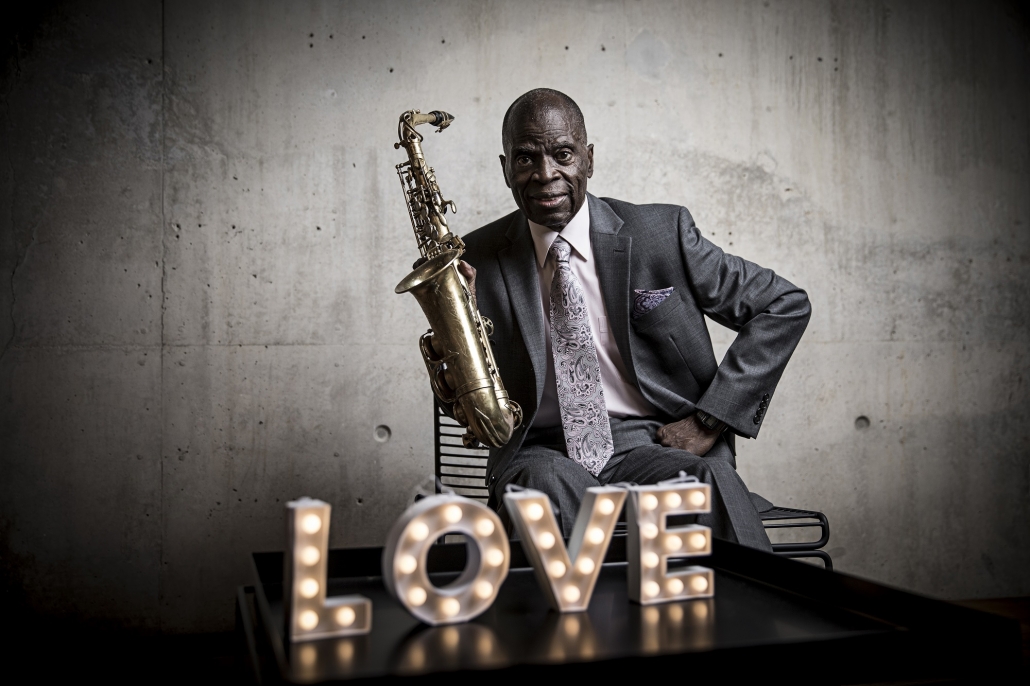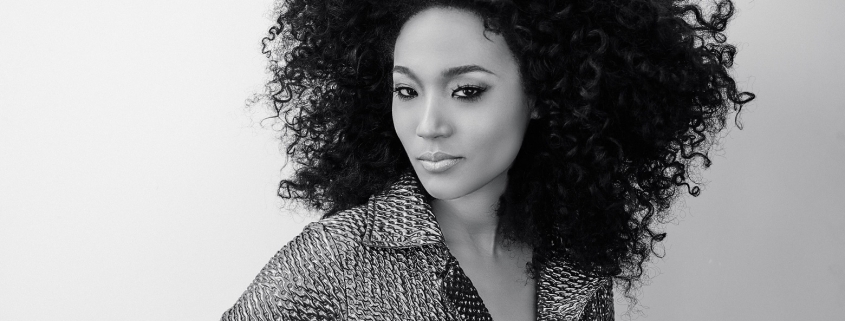THEY CALL IT JAZZ
It wasn´t that long ago that jazz was thought of as a musical genre that was only heard in hotel lifts or being sung by a lounge lizard in some pretentious cocktail bar or being played by a part time pianist in that posh coffee shop down in the shopping precinct. I have paraphrased the thoughts, there, of Tom Ball, writing in The Times this week.
He went on, though, to offer evidence that jazz has found a new credibility among the younger generation, with Spotify reporting that 40% of the on-line streaming of jazz music is being done these days by those under thirty years old. Even rock festivals, like Glastonbury, have helped introduce jazz into mainstream pop culture, with acts such as Comet Is Coming and Ezra Collective having played the venue this year.
According to Ciro Romano who founded Brighton´s annual festival, Love Supreme in 2013, jazz artists are playing to mainstream audiences of numbers unimaginable a decade ago. The Love Supreme audience has grown from 10,000 in its year of inception to more than 50,000 now, only eight years later. Romano suggests this might be because ´the music is much more dancey now and melds with other genres like grime and hip-hop.´
It is not unusual these days, for instance, to see a young audience queuing round the block waiting for the doors to open at regular jazz club events such as that at The Steam Down, a weekly meeting in Deptford. Not only are audiences on the increase but also there is an increase in the number of players performing.
Wayne Francis, who opened the venue two years ago, says ´there are so many young musicians coming through. I can only see it growing.´
Maybe I have missed Tom´s point in what is a well written and obviously well sourced article on the current state of jazz.
The inference I draw, though, from his report is that jazz, once a unique, if mystifying, genre all of its own, is now attracting new audiences by incorporating mainstream echoes of everything of which jazz had once been the antithesis.
Surely Ellington and Basie and Davis and Coltrane were seeking out new pastures ungrazed by the herd? Granted, those new pastures might have often seemed impossible to ring-fence and even harder to sell as potential for real estate as there were no words that could advertise such a new and volatile landscape.
Jazz has long been riven by the sneers of its traditionalists and the bombast of its modernists. I never knew in which of those two halves of the field sat the likes of the artists I considered to be jazz, such as Ella Fitzgerald, or Louis Armstrong or from a slightly later generation the likes of Cleo Laine and Johnny Dankworth.
When I began co-presenting the ´all across the arts´ radio programme with Steve Bewick on Crescnet Radio a few years ago I also started listening in to his sister programme, Hot Biscuits Jazz Club on FCUM Radio. Each week he would play names recognisable to me from my brief forays into jazz, such as Jamie Cullum and Duke Ellington. He would also play recordings of live concerts in local venues by up and coming or old and only just still going British jazz acts. On thinking back on that programme now, I remember Steve would also play recordings of what he thought of as beat poetry, and often several minutes, though it felt like hours, of what he would loosely describe as jazz fusion or jazz funk.
I realise now that even then that made me slightly uncomfortable and would make me wonder about what they call jazz. I was worried, even then, that jazz was striving so hard to be all things to all men it might be in danger of losing its identity, or even worse, of selling its soul.
All those worries reached a crescendo recently when the Heineken Jazz Festivalbrought us yet another diversion to add to the sidetracks and detours all across the arts that we had been following that week. The evening brought us two acts, each of which was of the highest quality; though I remain to be convinced that Judith Hill and her band really belong under a jazz banner.

I cannot deny her vocal range or her instrumental aplomb on keyboards and guitar, but I wonder when a line-up of guitar, electric bass, percussion and keyboards (and two go go dancers) might have ever been listed in any Haynes´ Encyclopaedia Of Jazz. Her ´family´ band played it loud and proud as they strutted their stuff and the timing of the band was always tight. There were around a thousand people in the audience, at what is surely one of the smallest stages on the Heineken global itinerary, and they were going wild !
Judith appeared on the American version of The Voice as long ago as 2013 and, although she was largely overlooked by the judges, she made a huge impression on the show´s audience, and has since built a massive fan-base, You don´t get to headline festivals like this as an unknown, though, and she certainly deserves whatever fame she has already acquired.
The second act here at the Heineken Festival was Maceo Parker and his band, and after completing the first number Maceo announced that he and his band were going to be funky, and funky they were indeed. There will be some readers who remember Maceo as an American ´funk and soul jazz´ saxophonist and recall that he played with James Brown in the nineteen sixties, adding prominent riffs on several of Brown´s hit recordings, with his saxophone sounds couched in alto, tenor and baritone. Parker then played with Parliament Funkaholic, who were popular in the nineteen seventies.
Since then, he has toured as a solo artist or with occasional ensembles, such as tonight´s, that would be best described as jazz fusion perhaps, and were certainly some distance removed from The Nat King Cole Trio or The Glenn Miller Orchestra, (though there are some who would deny that even these two artists ever represented ´real jazz´!). Nevertheless, Maceo and his men also drove the Arrecife crowd wild.

As I looked up and around me I noticed that absolutely everybody was shuffling and jiving to the infectious rhythms, and I pulled myself, slowly, out of my chair and jigged along with them until the end of the performance.
So that was the music, and they call it jazz,…. but not as we know it !
© Norman Warwick




Leave a Reply
Want to join the discussion?Feel free to contribute!